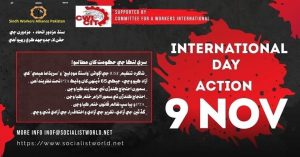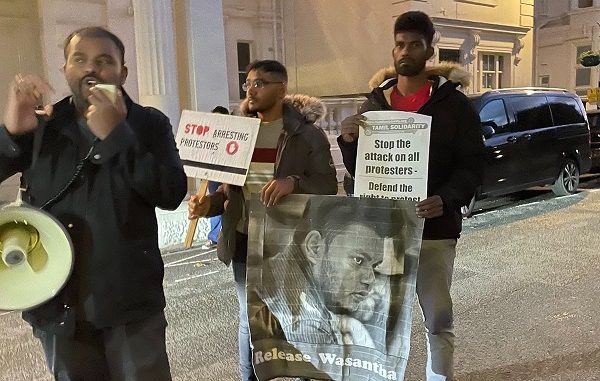
Protests were held across Sri Lanka and internationally on 9 November demanding fundamental democratic rights, such as the right to protest, the right to assembly, freedom of speech and the release of all protesters, including student leaders Wasantha Mudalige and Galwewa Siridhamma Thera. The Inter University Students’ Federation (IUSF), together with the newly formed Movement for People’s Councils (MPC), called for a national day of action and international solidarity action to be held on the ninth. The Committee for a Workers’ International (CWI) stands firmly for democratic rights and the building of workers’ strength in Sri Lanka to oppose all repression. The CWI fully supported this call for international action and helped to mobilise protests in a number of countries.
The message on the day was clear: “Increasing repression will be met with further escalation of protests, and workers, youth and the poor taking a much more organised approach,” said one of the protesters in London. The Sri Lankan government has been implementing draconian methods to supress all protest activities in fear of a repeat of the uprising that took place in July. Attacks on living conditions and further increases in fuel and food prices are parts of the main plan put forward by the government as a solution to the crisis. This they plan to carry out by brutally suppressing any opposition that may emerge.
The government has implemented a ban on protests in key areas and arrested thousands. However, they have not been able to fully silence the protests that continue to emerge due to the massive anger that exists in society. Many have defied the repression and took part in the protests that have been held across the country. This was accompanied by protests, activities and online campaigns organised in London, Germany, India and many other countries.
IUSF Banners
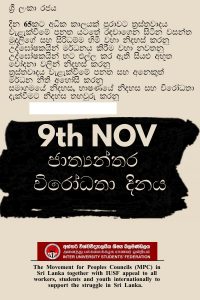
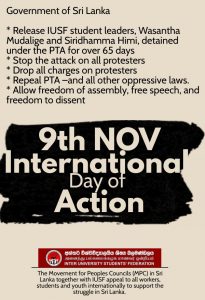
Below are some of the Statements and reports.
England & Wales
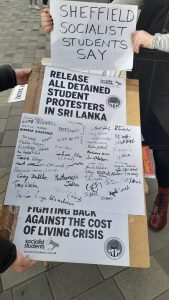
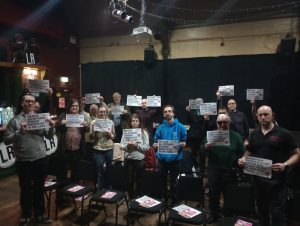
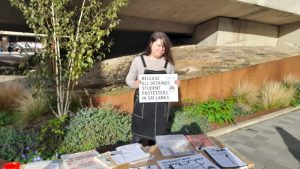
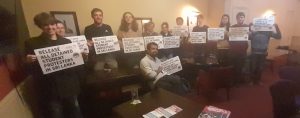
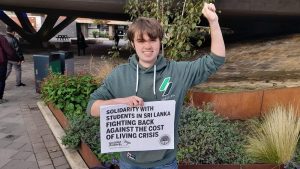
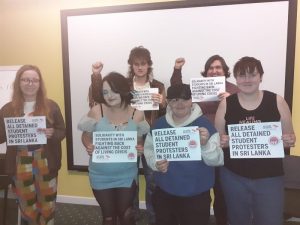
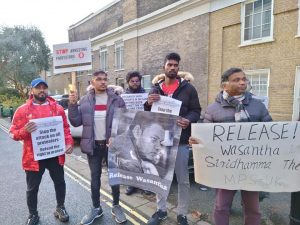
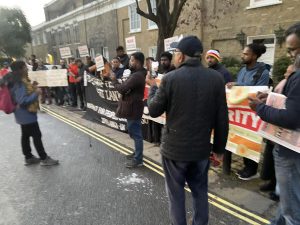
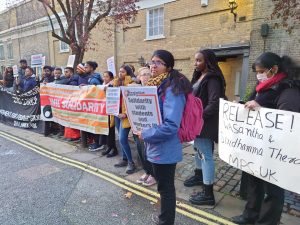
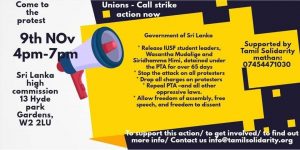
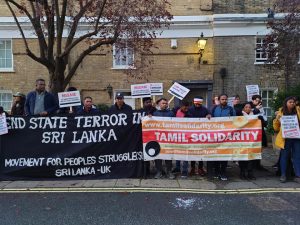
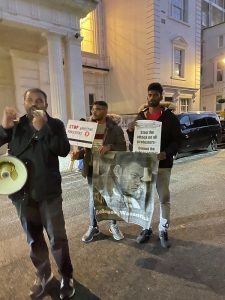
Scotland

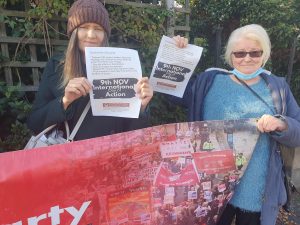
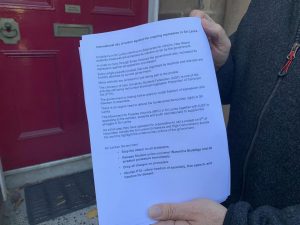
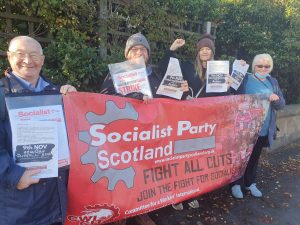
Germany
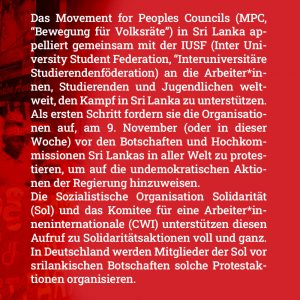
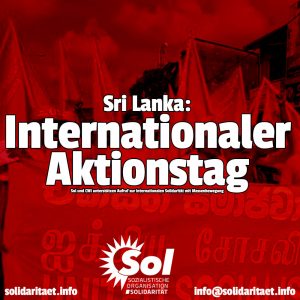
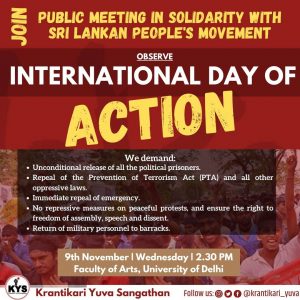
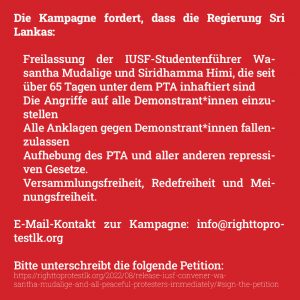
Nigeria
India
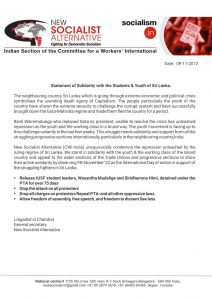

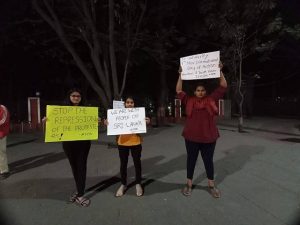
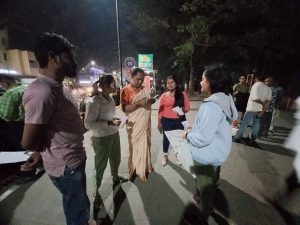
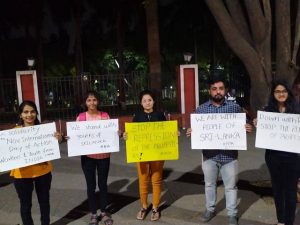
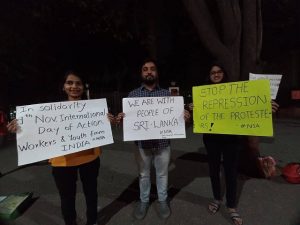
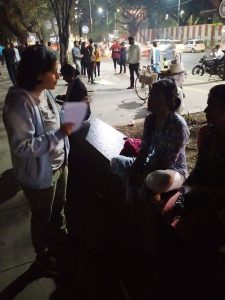
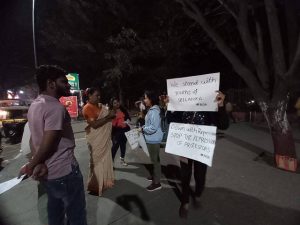
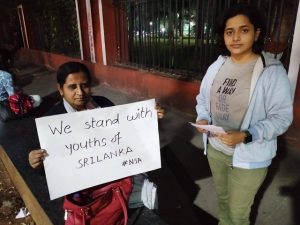
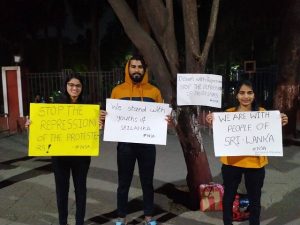
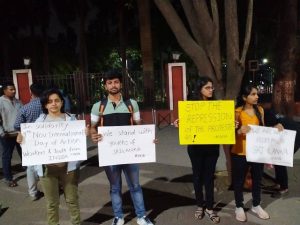
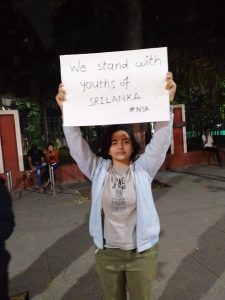
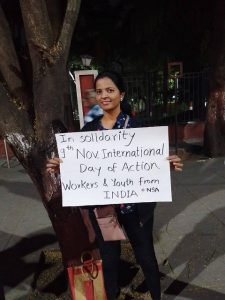
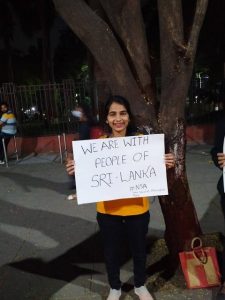
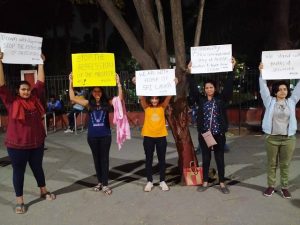
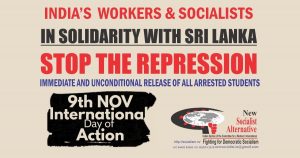
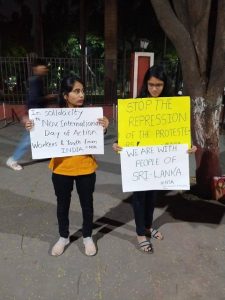
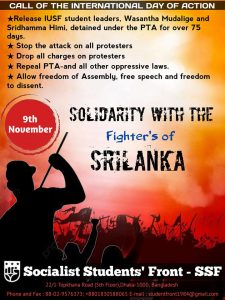
Chile
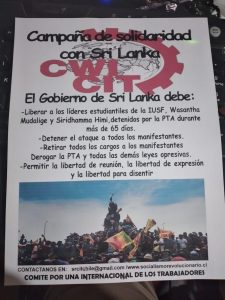
Malaysia
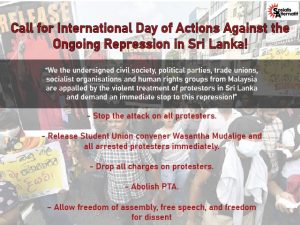
Pakistan
